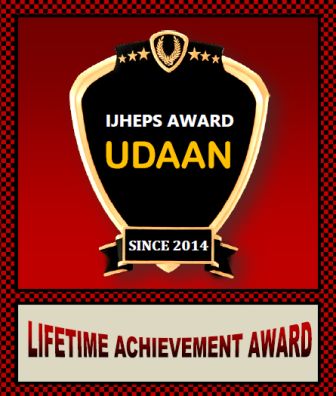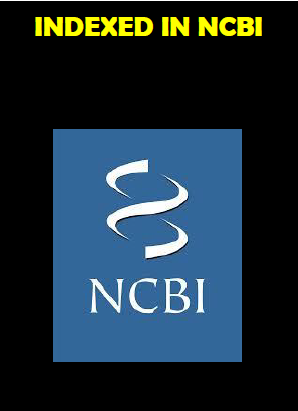
e-ISSN 2320-2955, p-ISSN 2249-2569, ISBN 978-81-909047-9-7
INTERNATIONAL RESEARCH JOURNAL OF HUMANITIES,
ENGINEERING & PHARMACEUTICAL SCIENCES
(An International Registered Research Journal) - Now IJHEPS Recommended By International Committee of Medical Journal Editors, USA
- Now IJHEPS Recommended By International Committee of Medical Journal Editors, USA
| HUMANITIES | |
|---|---|
| Title | CLIMATE CHANGE: - CAUSE, EFFECT AND MITIGATION MANAGEMENT STRATEGIES |
| Authors | Dr. Surya Bhushan Tiwari |
| Page No | 94-102 |
| Code | Int./JUNE14/H808 |
| Affiliation | Dr. K.N. Modi University, Newai Rajasthan, INDIA |
| Abstract | Climate word is originated from Ancient Greek word klima, meaning inclination is commonly defined as the weather averaged over a long period. Climate is a measure of the average pattern of variation in temperature, humidity, atmospheric pressure, wind, precipitation, atmospheric particle count and other meteorological variables in a given region over long periods of time. Climate is different than weather, in that weather only describes the short-term conditions of these variables in a given region. Climate change is the variation in global or regional climates over time. It reflects changes in the variability or average state of the atmosphere over time scales ranging from decades to millions of years. These changes can be caused by processes internal to the Earth, external forces or more recently, human activities. Factors of climate change are Plate tectonics, Orbital variations, Volcanism , Ocean variability, Human influences. Mitigation is the effort to reduce loss of life and property by lessening the impact of disasters. Mitigation Management is a total solution for environmental mitigation needs. Mitigation Management Strategies are Renewable energy, Carbon intensity of fossil fuels, urban planning, building design, eliminating waste methane, geo- engineering and green- engineering. |
| Paper | Download |









